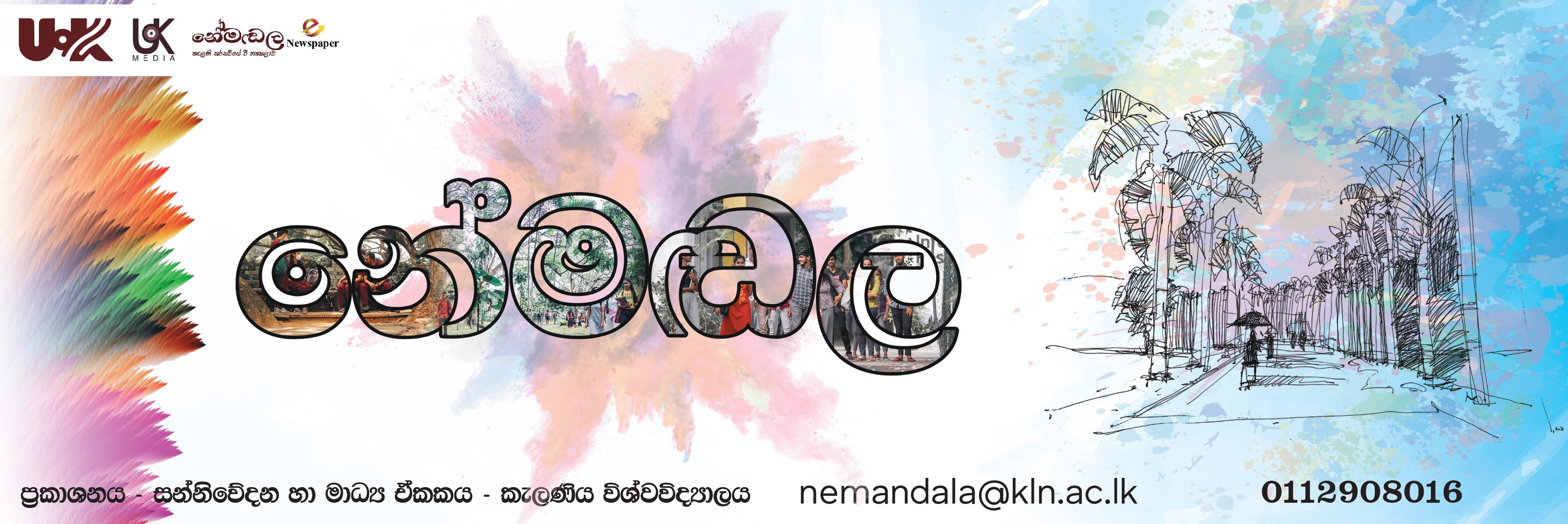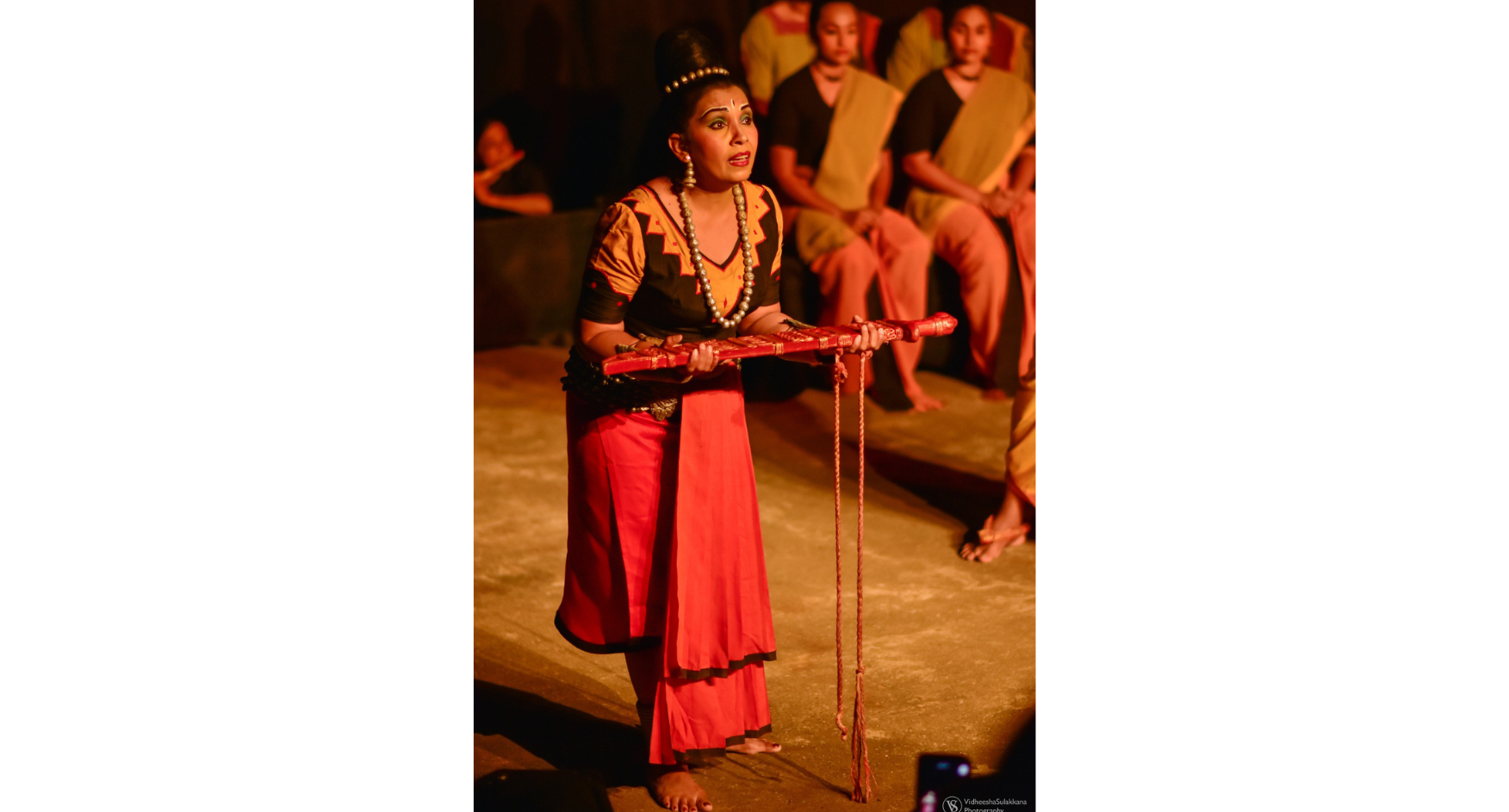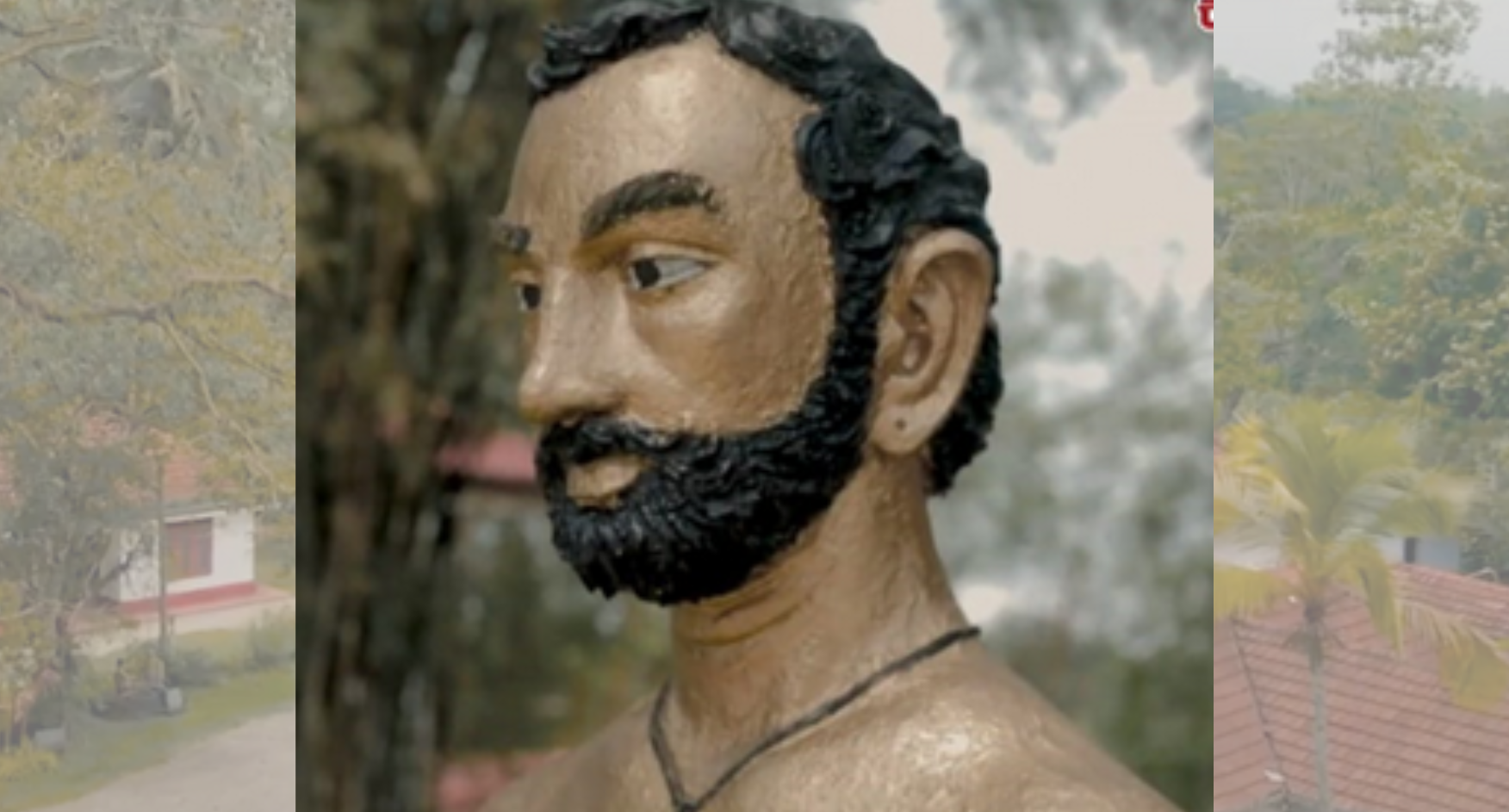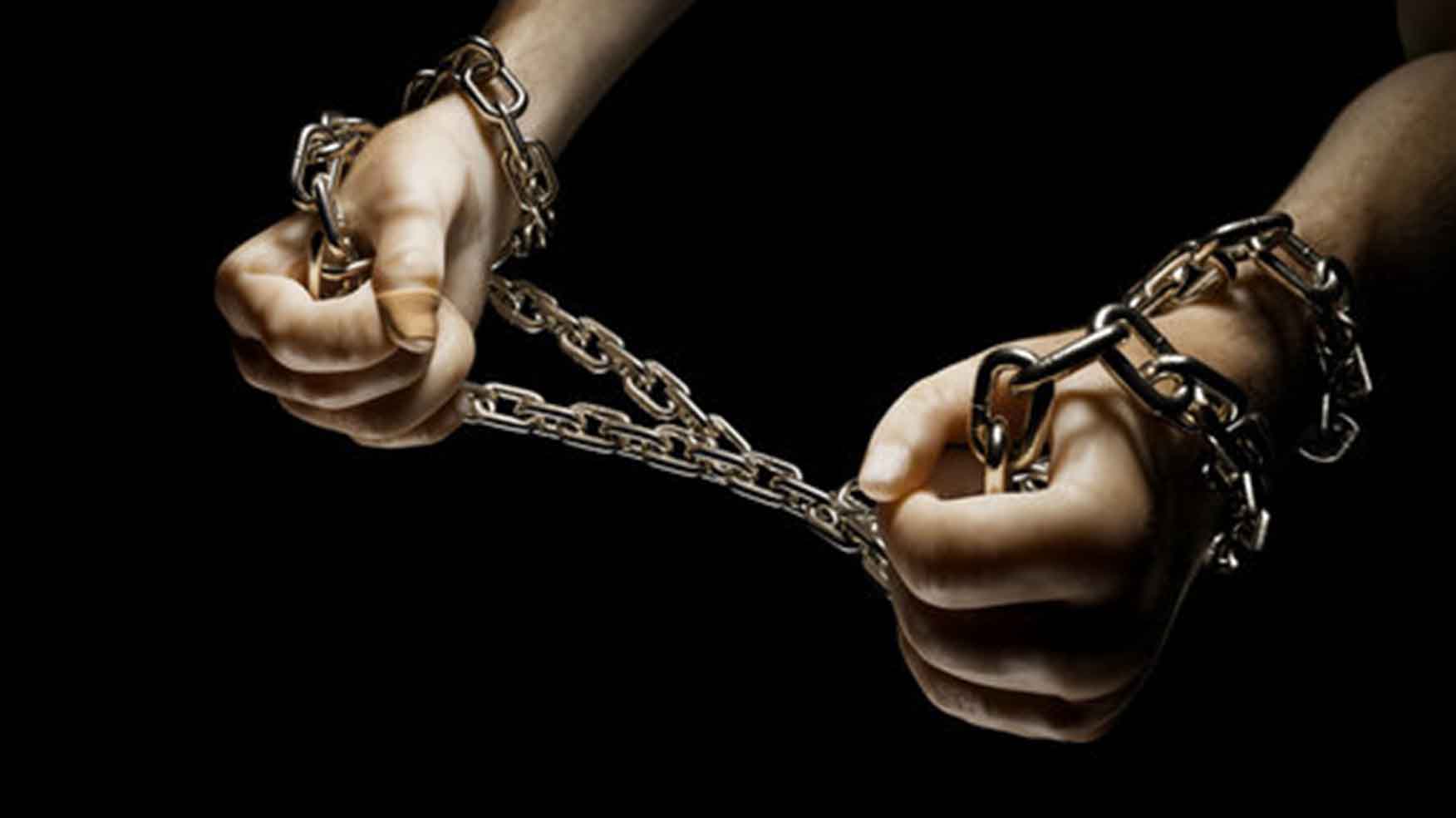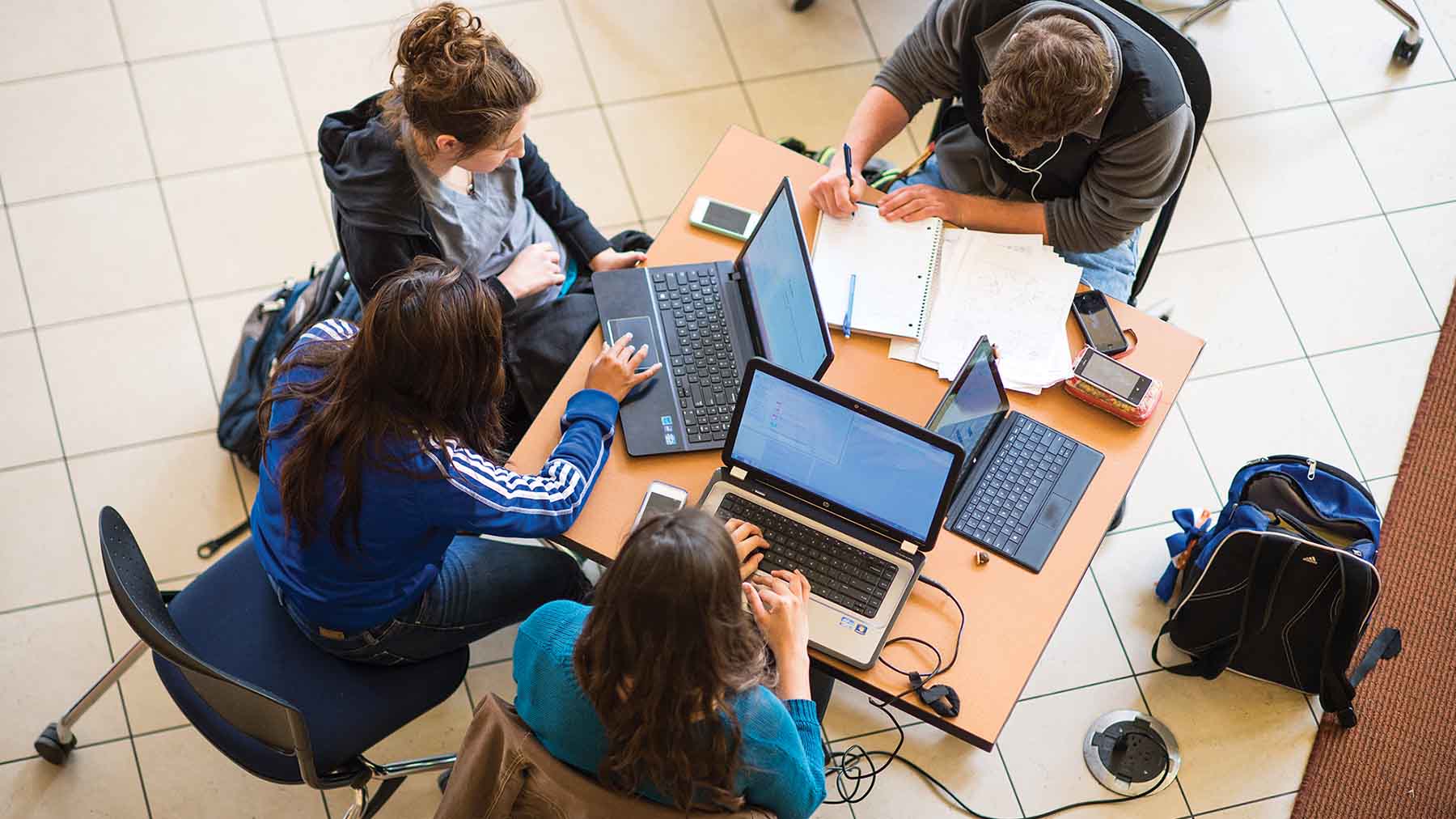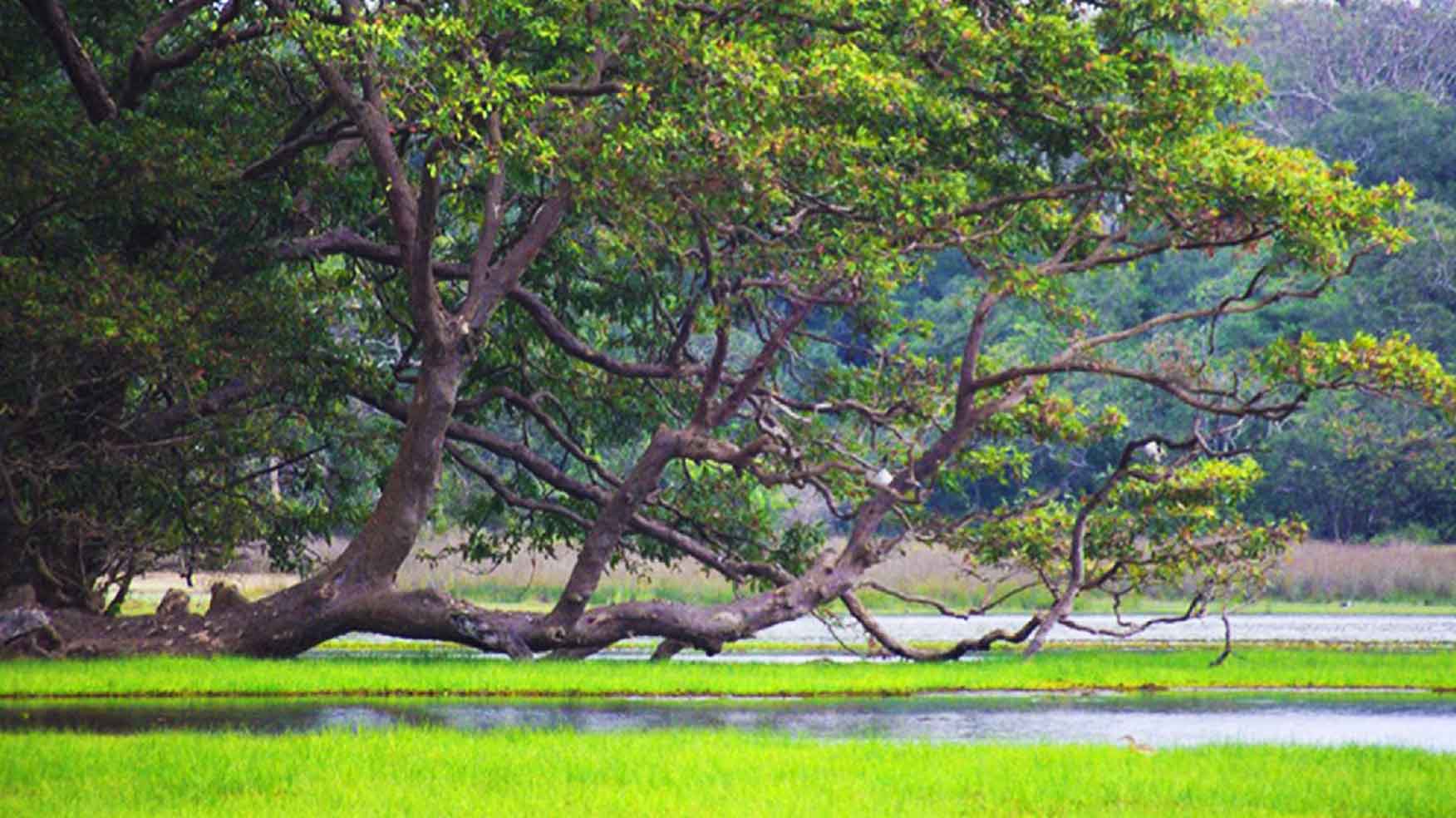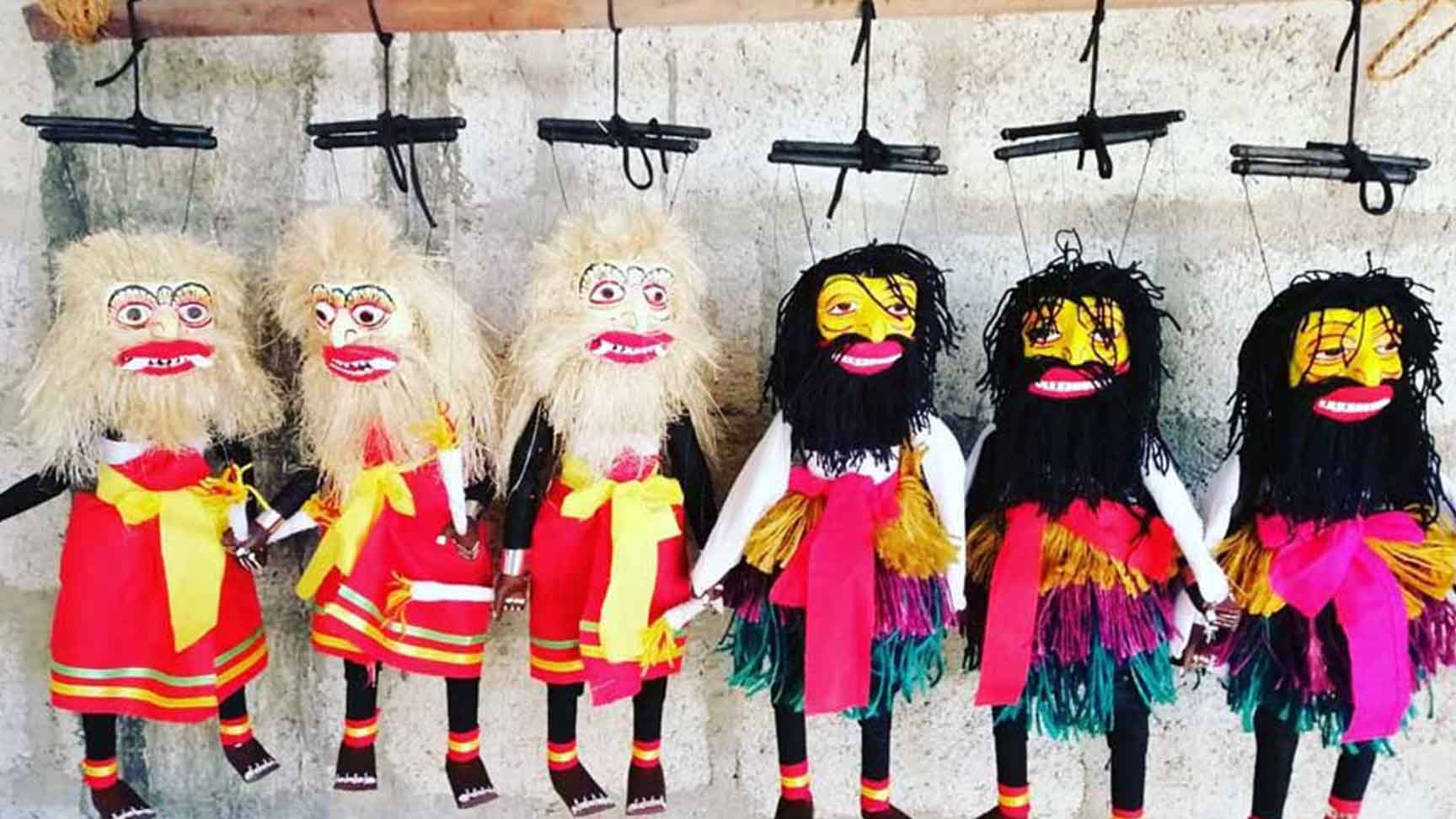Education tragedy in Sri Lanka.
- ගවේෂණ
- الزيارات: 1211

Thanks to Sir C.W.W Kannangara who is the father of free education,
most of the students in Sri Lanka have free education. But, in the modern century, how far it is successful? It is an undeniable truth that the students have access to free school facilities, free textbooks and extra-curricular activities. But still, we can see slow progress in the literacy of the students in Sri Lanka.
During the current year 2022, the education of Sri Lanka has fallen down due to the ultra-economic effects of the Covid 19 pandemic and privatization of education. To access higher education in Sri Lanka, money is an essential commodity. When it comes to schools, the teachers are more focused on doing tuition classes than teaching in their own classrooms. The Sri Lankan teachers only raise their voices demanding the salary that was offered to them by the government. This system is very unhealthy for students in poor families. Since their parents are rent-based workers and doing menial jobs, they can’t afford to go to the tuition classes. Especially in the Sri Lankan rural areas, the money earned by the rent-based workers is enough to cover their daily expenditures.
The main two exams that decide the future of Sri Lankan students are the G.C.E O/L examination and G.C.E A/L examination. To get through these exams, the students have to follow tuition classes and the parents have to spend on tuition classes. Some parents mortgage gold jewelry, to find the money to invest in their children’s education. But some families could not afford to do such, so some students get dropout from acquiring higher education and shift to jobs in factories.
Due to the prevalent health crisis and technological advancements, online /internet education/distance learning has started. But most of the students in the rural areas could not afford technological or mobile devices like laptops, tablets and smartphones because of their
price. And also there are internet signal issues because still there are villages in Sri Lanka that do not have electricity facilities and mobile coverage. So many students fail to join online classes due to these issues. But there are some tuition teachers who give free cards to financially unstable students and there are teachers in rural schools who teach well and enthusiastically to the wellbeing of the students. It is really appreciable that even some teachers focus on the true value of education in the country and personal growth.
So overall, financial stability is essential to grab education in Sri Lanka. Even though Sri Lanka is a democratic country, the privilege of education is only limited to the middle class and elite families.
Anjali Chamodi
University of Kelaniya
